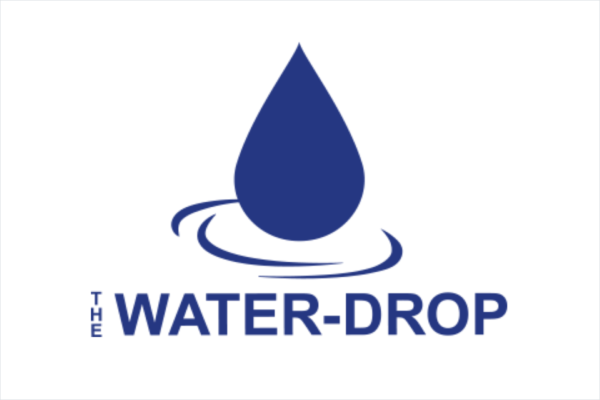
The challenge
Dehydration is potentially the biggest single issue in healthcare. Over 25% of hospital patients are unable to reach, lift or hold drinks.* This means around 30,000 patients every day are at risk of dehydration and its consequences, which include urinary tract infection (UTI), acute kidney injury (AKI) and falls.
To prevent dehydration patients are often placed on intravenous drips, but up to 60% of these drips are considered avoidable. Hydration can, and should, be achieved more effectively and with less plastic waste.
*2010 The Francis Enquiry; 2011 Care Quality Commission; 2015 British Journal of Nursing; 2016, The Patients Association; 2018, Chelsea & Westminster Hospital
The solution
The WaterDrop solves the problem that vulnerable patients have in reaching, lifting or holding drinks and helping prevent dehydration and avoidable intravenous drips. It is a 1 litre hydration system that attaches to beds, drip stands, chairs, drawer handles – somewhere around the hospital bed – like an intravenous drip that is used orally. Preventing avoidable drip use massively reduces both infection risks and plastic waste.
We highly recommend The Water-Drop for any patient for whom it is appropriate and plan to roll this out on a Trust wide basis. It clearly offers many quality and cost saving benefits along with the opportunity to reduce our carbon footprint. It is impossible to find any reason not to support its introduction to all hospitals in the NHS.
Mark Standen, Head of Nursing for Diagnostics, Anaesthetics and Surgery at East Sussex Healthcare NHS Trust
The impact
- Promotes independence and dignity for users: 90% of patients said it helped them drink more. (Chelsea & Westminster Hospital)
- Efficiencies on wards by releasing time to care: reducing the need to help patients drink means more time available to care for more vulnerable people
- 86% cost reduction versus using intravenous drips (Hastings Hospital)
- Reduced infection risk by preventing new cannulas being inserted
- 70% reduction in plastic waste – 90g versus 300g where an intravenous drip is avoided (Southmead Hospital)